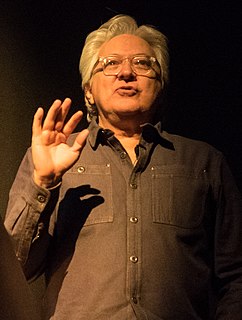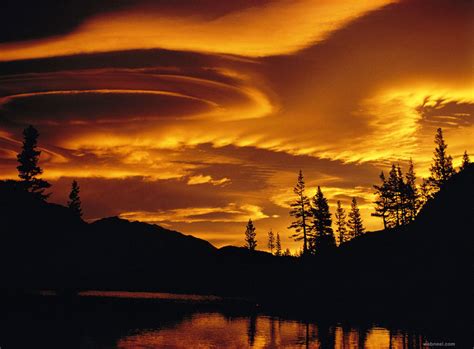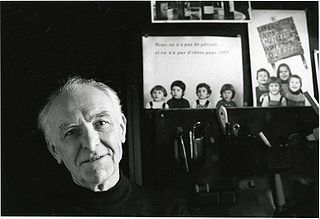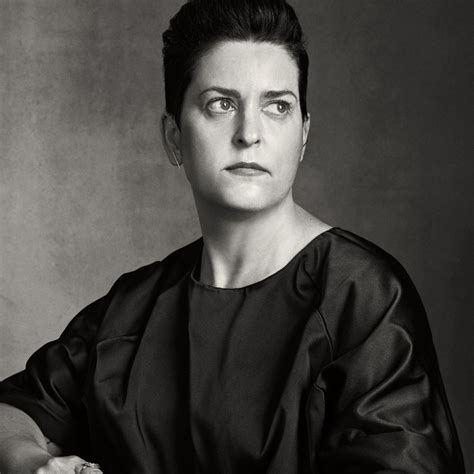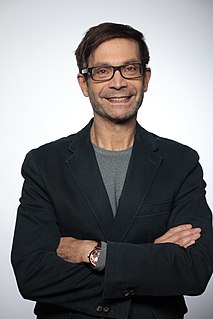A Quote by David Hockney
I think photography has made us see the landscape in a very dull way - that's one of its effects. It's not spatial.
Related Quotes
It's possible to think of photography as an act of editing, a matter of where you put your rectangle pull it out or take it away. Sometimes people ask me about films, cameras and development times in order to find out how to do landscape photography. The first thing I do in landscape photography is go out there and talk to the land - form a relationship, ask permission, it's not about going out there like some paparazzi with a Leica and snapping a few pictures, before running off to print them.
Today the thing I find myself thinking about the most is our landscape...I think it's something a lot of us take for granted; for many of us Australia is just there but how many of us have really seen it, have seen Kakadu or Kings Canyon? I know I hope to at some stage, to see Uluru at sunset and the ancient art in the Abrakurrie caves. I think it's our landscape which defines our identity and it's what I'm most grateful for.
Photography's relationship with pornography is as old as photography. That kind of unholy relationship is formed from the very beginning, and there's a reason why: it's thoroughly enjoyable to be that voyeuristic. Voyeurism is a very old modality, and most of the history of photography is in some way related voyeurism.
It was only after a while, after photographing mines and clear-cutting of forests in Maine, that I realized I was looking at the components of photography itself. Photography uses paper made from trees, water, metals, and chemistry. In a way, I was looking at all these things that feed into photography.
New York has a thousand universes in it that don't always connect but we do all walk the same streets, hear the same sirens, ride the same subways, see the same headlines in the Post, read the same writings on the walls. That shared landscape gets inside of all of us and, in some small way, unites us, makes us think we know each other even when we don't.
Humans have changed the landscape so much, but images of the sea could be shared with primordial people. I just project my imagination on to the viewer, even the first human being. I think first and then imagine some scenes. Then I go out and look for them. Or I re-create these images with my camera. I love photography because photography is the most believable medium. Painting can lie, but photography never lies: that is what people used to believe.

